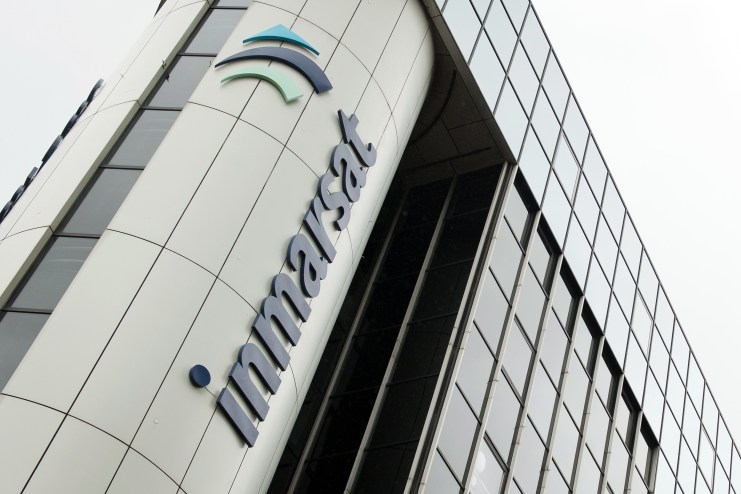Inmarsat rejects call from investor to delay takeover court hearing

Satellite firm Inmarsat, which is being bought by a private equity-led consortium, has rejected a call by investor Oaktree Capital to delay a takeover court hearing until it has clarity on the status of its US spectrum holdings.
Oaktree, which has a 2.85 per cent stake in Inmarsat, called on the board to delay the 12 November meeting because it said US regulator FCC was likely to make a key ruling which could affect the value of the company shortly.
Read more: Satellite firm Inmarsat ditches dividend ahead of $3.4bn private equity takeover
The spectrum in question is leased to US group Ligado, which has asked the regulator to change the way it can be used.
Inmarsat said it was aware of recent speculation regarding the potential Ligado licence change, and was monitoring developments.
But it said the timing and prospect of revenue or any other value, which would come as a result of its cooperation agreement with the company, remained uncertain.
It said there had been no change since it recommended the $3.4bn £2.6bn) acquisition in March by a consortium comprising Apax Partners, Warburg Pincus and two Canadian pension funds.
Last month, the government gave the green light for the deal after accepting a series of remedies put forward by Inmarsat and its buyers.
The takeover, first announced in March, came under scrutiny from regulators and the government amid concerns about national security.
However, the Competition and Markets Authority gave its approval for the deal in September, stating that there was no risk of a substantial lessening of competition.
Read more: Government intervenes in Inmarsat deal on national security grounds
Inmarsat and the consortium then put forward a series of undertakings, which included a pledge to keep the firm in the UK for several years and a series of measures to help protect sensitive information.
The Department of Digital, Culture, Media and Sport then said it had decided to accept the undertakings, meaning the deal was not referred to the CMA for a phase two inquiry.